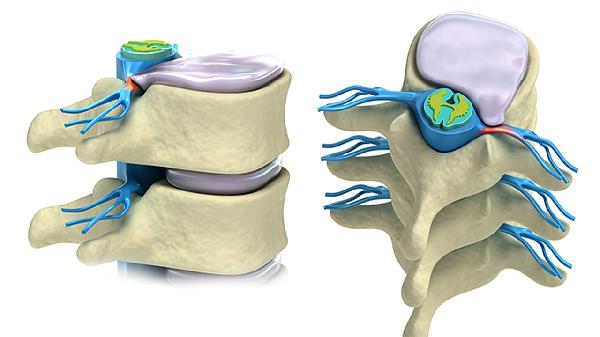Half of health is mental health. As the pace of society accelerates and work pressure increases, it's inevitable for people to experience minor emotional issues, such as depression, obsession, anxiety, and fear, which must be taken seriously. There are five major standards for mental health—let's see if you meet them.
What are the standards of mental health?
1. Self-acceptance
Mentally healthy individuals can face their strengths and weaknesses without feeling inferior or arrogant. They openly acknowledge their mistakes and shortcomings while also appreciating their successes and strengths. Additionally, they accept others' strengths and weaknesses with a normal attitude, understanding that everyone has limitations. Mentally healthy people do not resent or criticize themselves; they are optimistic and get along well with those around them.
2. Ability to get along with others
If someone can get along with others, they are mentally healthy. Mentally unhealthy individuals struggle to connect with others, often being isolated, eccentric, irritable, suspicious, and selfish, and they dislike making friends. Some people may pretend to get along with others while suppressing their hostility and aggressive emotions, accommodating others at the expense of their own mental well-being, leading to depression.
3. Behavioral flexibility
Mentally healthy individuals can adapt to various changes—either by altering their environment to suit themselves or by adjusting themselves to fit different environments. These environments include social, interpersonal, and material aspects. Mentally unhealthy individuals have rigid personalities; they don't know how to handle difficulties, lack flexibility, and cling to outdated patterns. Mentally healthy people are lively and adaptable.
4. Maintaining a happy mood
Mentally healthy individuals feel at ease and love life, easily finding satisfaction. They are also enthusiastic about their work, perform efficiently, and enjoy the pleasures life offers.
5. Ability to love others
Mentally unhealthy individuals are self-centered, focusing all their thoughts on themselves. They are often dissatisfied with their environment, leading to feelings of disappointment, anxiety, and conflict with others. Mentally healthy individuals can help and care for others, often becoming so engrossed in others' affairs that they forget themselves.
Friendly reminder
Mental health is crucial. If you experience mental health issues, seek professional help. Don't avoid problems—face them with a positive attitude. Cultivate hobbies, expand your social circle, and avoid feelings of inferiority or arrogance.
























